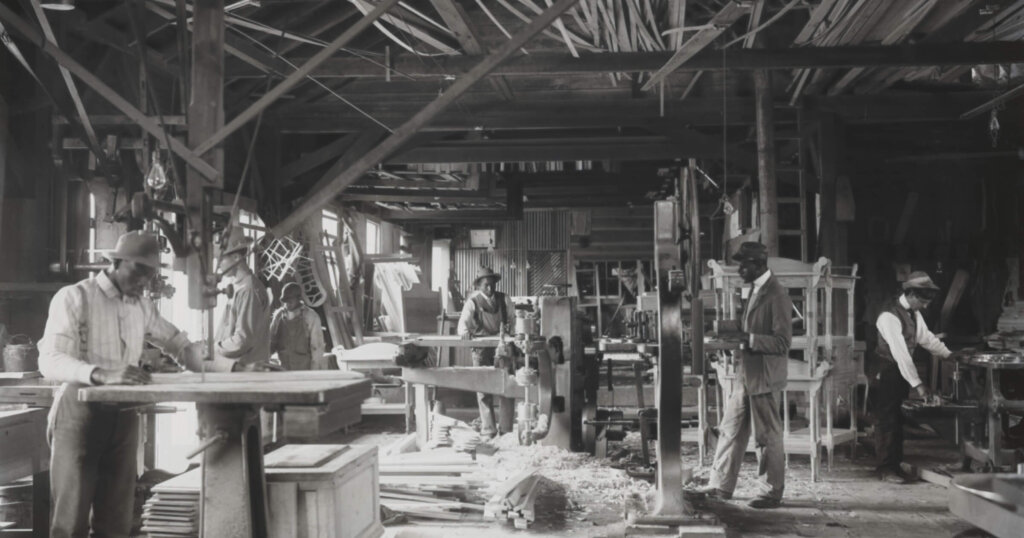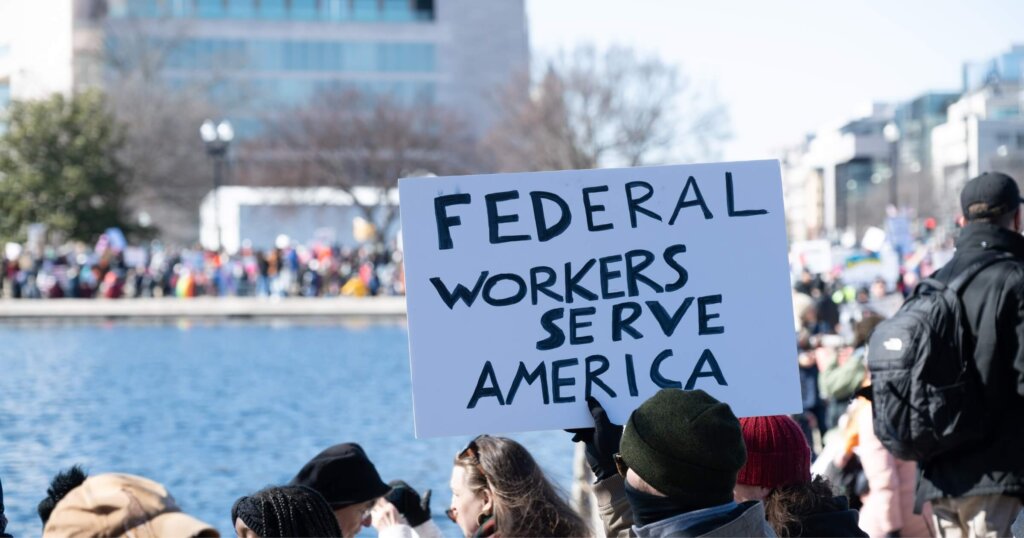Federal agencies are in the middle of a legal frenzy as the White House and President Donald Trump recently made two executive orders that impact federal contractors and employees. One order rolled back decades-old anti-discrimination rules – removing an explicit ban on “segregated facilities” for companies doing business with the federal government – while another rescinded a planned minimum wage hike for employees on government contracts. These moves have sparked a debate about the consequences for federal contractors and equal employment opportunity for workers.
What was the segregated facilities rule?
Originally established during the civil rights era by President Lyndon B. Johnson, Executive Order 11246 reinforced the Civil Rights Act of 1964 by ensuring federal contractors did not separate facilities based on race, religion, sex, sexual orientation, gender identity, or national origin. Contractors bidding on federal projects regularly had to certify compliance with this provision to avoid illegal discrimination in the workplace.
Following President Trump’s Executive order, the General Services Administration (GSA) instructed federal contractors to drop the clause from new contracts. Practically, this means contractors will no longer see or sign off on this clause when bidding on government contracts. Despite the removal of this clause, discrimination remains illegal under existing federal laws such as the Civil Rights Act of 1964.

The order also ended requirements that contractors set diversity hiring goals or submit affirmative action requirements aimed at remedying past discrimination. Federal compliance officers were ordered to halt any ongoing investigations or enforcement actions related to those now-rescinded requirements.
The removal of the clause is supposed to reduce the administrative workload that government contracting is riddled with and help in restoring merit-based opportunity. In other words, contractors won’t see that clause in paperwork, but they are still bound by applicable federal anti-discrimination laws. This has left many contractors scrambling to understand how to navigate federal contracting while still adhering to state laws. Many have sought legal advice from legal counsel to make sure they are navigating the legal challenges correctly.
Civil rights groups are worried this sends a bad message about workplace equality and will lead to civil rights laws being ignored. Melissa Murray, a law professor at NYU, said, “It’s symbolic, but incredibly meaningful in its symbolism,” showing her concern that this change might lead to less inclusive workplaces and reduce equal employment opportunity, especially for women.
Supporters, however, believe this decision removes unnecessary rules and promotes fair hiring. Ben Brubeck from the Associated Builders and Contractors (ABC) stated, “President Trump’s elimination of President Biden’s failed policies is a win for America’s taxpayers and construction industry.”
President Trump’s executive order on minimum wage
The new EO, signed March 14 by Trump, ended President Biden’s EO 14026 that set a federal minimum wage of $15 per hour for federal employees, which had increased with inflation to $17.75. Trump’s order returned the minimum wage rate back to about $13.30 per hour. The Department of Labor is expected to follow with an official announcement rescinding EO 14026 and reducing federal contractor minimum wage.
The goal, a part of a broader strategy from the Department of Government Efficiency (DOGE), is to reduce the spending on the federal workforce to reduce government debt. This move is set to benefit contractors and small businesses involved in government contracting as they will be more competitive and flexible when bidding on federal contracts.
Labor groups strongly disagree with the move and say it hurts lower-income workers who are already struggling. April Verrett, president of the Service Employees International Union (SEIU), said the move is “another anti-worker step,” making things “harder for hundreds of thousands of hardworking Americans.” On the other hand, Brubeck from ABC argued Biden’s rule raised costs too much and hurt smaller contractors.

Experts note that many skilled construction workers might not be affected much because of other laws like the Davis-Bacon Act, which requires fair pay for construction workers. However, lower-paid service staff, like janitors and security guards, might see large cuts in their wages.
Implications for contractors and construction
The direct practical effect of lifting the ban on segregated facilities is somewhat limited – government grant recipients are still subject to anti-discrimination laws, and overt segregation (like separate break rooms for different races) remains illegal. However, some worry that without specific federal oversight, smaller or less obvious forms of illegal discrimination could increase. Others say most businesses understand the importance of inclusive workplaces and will continue following best practices regardless of changes in federal rules.
The reversal of the minimum wage increase will have a more immediate and noticeable effect. Federal contractors will have more flexibility to set competitive rates and bid effectively on federal projects. This is expected to lead to a reduction in federal spending on projects while at the same time increasing output. However, there are reports some federal contractors are waiting out this period of volatility in decision making before bidding on contracts due to the uncertainty it raises. In turn, there is a chance fewer contractors will make bids—which would lead to the opposite effect intended.
As these policies come into effect, the debate over workplace fairness and federal oversight will likely continue. Key things to watch out for will be alterations in Trumps executive orders, government spending, and employment numbers, as they will partially determine whether or not these policies were effective.
Want to stay updated on economic updates and the latest policies affecting construction? Subscribe to our newsletter and to get the latest construction news delivered straight to your inbox!


